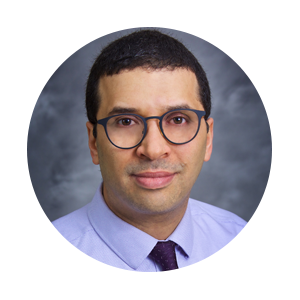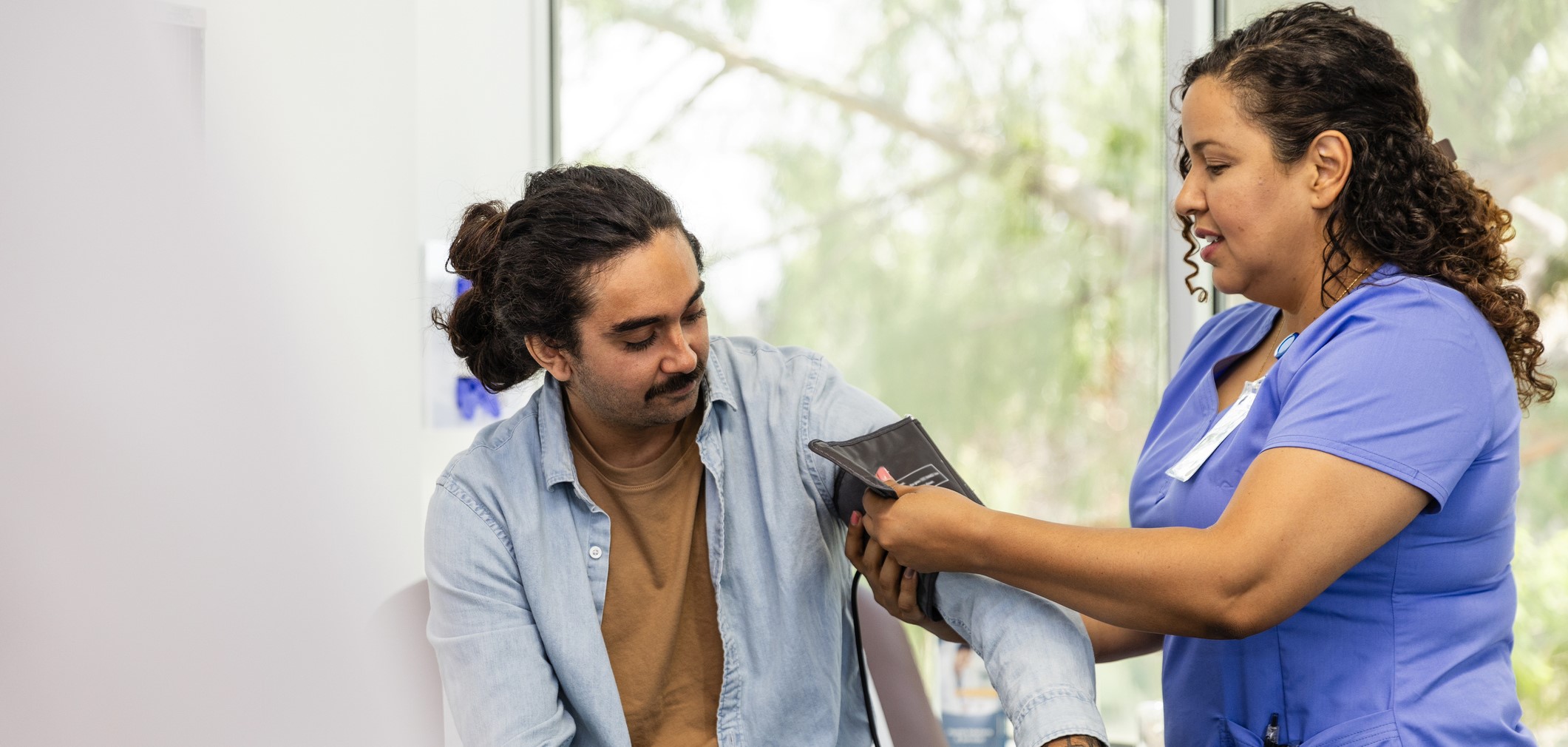Imagine beating lymphoma, only to have a serious heart attack three years later – at age 30. That’s what happened to a patient who ended up in my care. The heart attack was due to a blockage caused by the aggressive course of radiation which saved her life the first time.
If you’re one of nearly four out of 10 people (39.5%)1 in the U.S. who will be diagnosed with cancer at some points in their lives, beating cancer may feel like your only concern. But we now know that you also need to look out for your heart.
A recent study found that more than one in 10 cancer survivors end up dying from heart and blood vessel problems. That statistic increases to nearly half for certain cancers, including breast, prostate, endometrial and thyroid.2 Even childhood cancer survivors can face heart problems years or decades later.
Heart Complications from Cancer Treatments
Put simply, cancer can take a toll on your heart. Many cancer treatments, including some chemotherapies and chest radiation, can aggravate existing heart conditions or create new ones. Heart complications can include:
The damage isn’t always immediate. Radiation treatments can cause complications years later, and the complications can be severe.
Cardiologists now know much more about how to monitor and treat cancer patients before, during and after cancer treatment. The specialty of cardio-oncology was developed to help patients avoid heart muscle damage and other possible heart complications. Sometimes coordinated care is needed to make sure that cancer treatment can continue without causing long-term heart complications.
Cardio-Oncology Clinic
CHI Health launched its Cardio-Oncology Clinic in 2020. The goal is to make sure a cancer patient’s heart health is optimized. Here we closely monitor cancer patients so if any evidence of damage or complications occur, we can help keep the heart healthy and assist the oncologist in continuing treatments without negatively affecting the heart.
We also help cancer patients address heart disease risk factors, even during cancer treatment, because it’s important to care for your entire body to prevent complications. Data shows that a healthy diet during cancer treatment is beneficial. Exercise is very important. You want to do anything you can do to help protect your heart, including addressing:
- Proper nutrition
- Smoking cessation
- High blood pressure
- Cholesterol levels
- Coronary artery disease
- Heart valve disorders
- Abnormal heart rhythm
It’s always the right time to address heart disease risk factors such as smoking, exercise and nutrition because they overlap with cancer risk factors. That means the people who develop cancer are often the same people who are more prone to develop heart disease, and vice versa. Fortunately, there is much you can do to help reduce your risk.
1National Cancer Institute
2European Society of Cardiology





